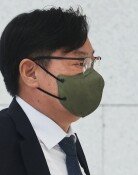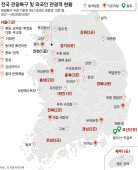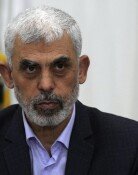Ex-NK Terrorists Trip to Japan
North Korean leader Kim Jong Il in September 2002 admitted to his communist regimes past abduction of Japanese nationals in talks with then Japanese Prime Minister Junichiro Koizumi in Pyongyang. Kim said, Id like to apologize for the regrettable incident. I will take measures to prevent a recurrence. The confession was part of Kims plan to receive economic assistance from Japan by facilitating the establishment of formal diplomatic ties between the two countries. Five of the 13 kidnapped Japanese and their families were allowed to return home, but negotiations for establishing diplomatic relations were stopped due to public opposition in Japan.
The Japanese government, political parties, media and civic organizations take the abductions seriously. Regardless of political or ideological inclination, they denounce the Norths kidnappings and strive to rescue surviving abductees. Everything on the abducted victims and movements of their families are covered by Japanese media, no matter how trivial. This is in stark contrast to the low interest of South Koreans on the matter. More than 1,000 South Koreans are being held in the North as abductees and POWs.
Kim Hyon-hui, who blew up a Korean Air plane in 1987, went to Japan Tuesday at the invitation of the Japanese government. Japanese media are covering her every move by mobilizing helicopters and passenger cars. This is to renew public awareness of the Norths abductions by gathering information on the two Japanese captives she met in the North while training to be a spy.
The bombing killed all 115 passengers and crew members onboard. The incident was similar to the Norths March 26 attack on the South Koran naval warship Cheonan, which killed 46 crewmen, in the culprit, victims and the manner that the crime was conducted. South Koreans were killed because of the two North Korean provocations. Though the truth behind the 1987 incident was confirmed, Pyongyang denied involvement and instead blamed manipulation by Seoul. Certain pro-North Korea organizations in Seoul who advocate human rights in the South defend Pyongyang, let alone denouncing the culprit. Considering what Japan did to South Korea in the past, the South Korean people will feel bitter over seeing Japans high interest in the abductions. A lesson should be learned from the Japanese, who are united in expressing their anger against the North for harming innocent citizens and urging resolution of the matter.
Editorial Writer Kwon Sun-hwal (shkwon@donga.com)
Headline News
- N. Korea redefines S. Korea as ‘hostile state’ in revised constitution
- Samsung develops graphic DRAM with industry-leading capacity and speed
- Three questions allegedly leaked via text message during Yonsei Univ. essay test
- China to inject 340 trillion won in loans to support real estate sector
- Dodgers beat Mets to take 2-1 lead in NLCS







